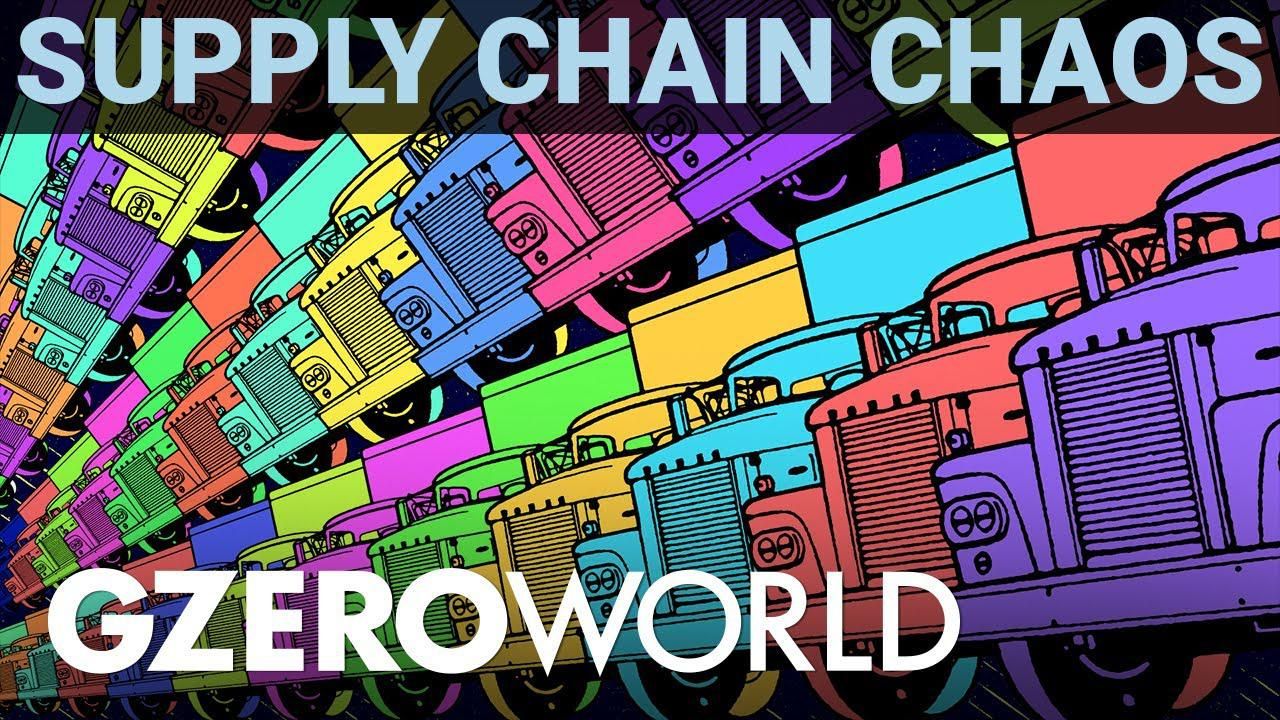GZERO World Clips
How did we get to today's supply chain mess?

Ian Bremmer Explains: How Did We Get to Today's Supply Chain Mess? | GZERO World

The supply chain mess is hitting all of us. Inflation is now the highest it's been in over 30 years.
The costs of food, gas and housing are going through the roof. What's more, almost everything made outside of America is now in short supply — like semiconductors for our cars.
Why is this happening? A lot of it has to do with the pandemic. Asian factories had to shut down or thought there would be less demand for their stuff. So did shipping companies. But then online shopping surged, and now there's a lot of pent-up demand to spend all the cash we saved during COVID.
But it's not just the pandemic. Before COVID, companies kept limited inventories to save costs and fatten up profit margins. And now we're all suffering the consequences.
Watch this episode of GZERO World with Ian Bremmer: Inflation nation: What's driving US prices higher?
Subscribe to GZERO on YouTube to be the first to see new episodes of GZERO World with Ian Bremmer: https://bit.ly/2TxCVnY
100 million: The number of people expected to watch the Super Bowl halftime performance with Bad Bunny, the Puerto Rican superstar and newly minted Album of the Year winner at the Grammys.
Think you know what's going on around the world? Here's your chance to prove it.
An imminent US airstrike on iran is not only possible, it's probable.
Americans are moving less — and renting more. Cooling migration and rising vacancy rates, especially across the Sunbelt, have flattened rent growth and given renters new leverage. For many lower-income households, that relief is beginning to show up in discretionary spending. Explore what's changing in US housing by subscribing to Bank of America Institute.